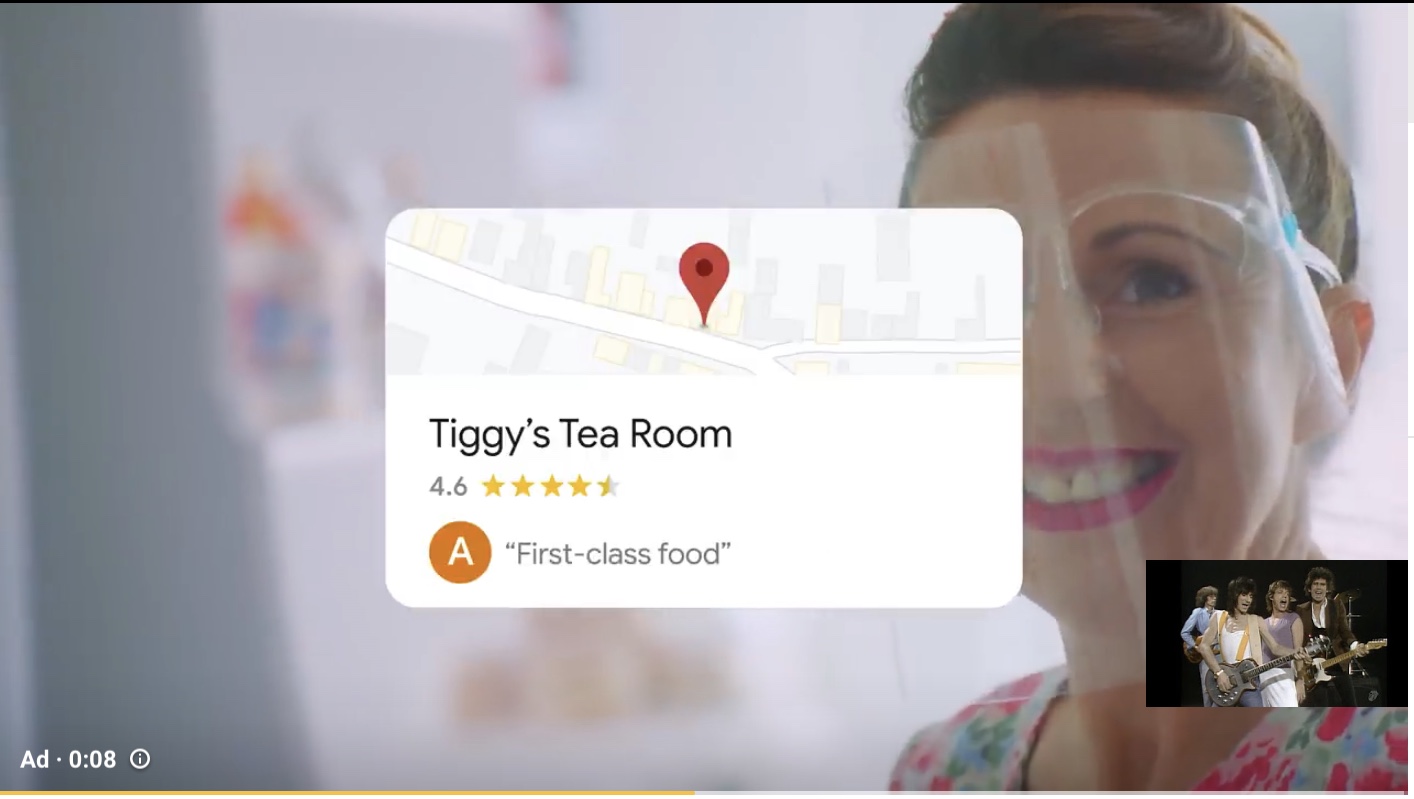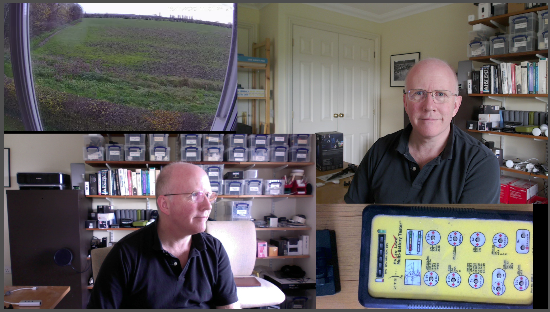Looking back through my posts about electric vehicles, I came across my brief entry from five years ago, when I got my first electric car. How different things were back then! Those who have seen my more recent posts or YouTube videos will know that I’ve just exchanged my BMW i3 for a Tesla.
It’s perhaps worth mentioning, in case you associate the word Tesla with extraordinary wealth, that this was a Model 3, and, though they are very far from being cheap, they are also about half the price of a Model S or Model X, so if you have figures in mind from old episodes of Top Gear, they might need to be revised downwards a bit! In my case, this — my first-ever brand new car — was bought almost entirely with the combined proceeds of selling a second-hand i3 and a second-hand campervan. Well, third-hand, by the time I sold them!
But I always like trying to live in the future, and the Tesla is several years ahead of most of its competition on almost any metric, especially when you think of it not so much as buying a car but buying into a transport ecosystem; combining an OK car with the best software and the best charging network available. So I took the ridiculous step of buying a brand new car — something that sane people don’t usually do — and of buying a car without a hatchback — something no sane person should do, and certainly no sane person with a dog.
Even after five years of electric driving, though, I thought I was still doing something slightly unusual and pioneering. But it turns out I was mistaken. In December 2020, the Tesla Model 3 was the top-selling car in the UK. No, you didn’t read that wrong: not the top-selling EV, but the top-selling car overall, ahead of the VW Golf and the Ford Fiesta. Here’s the list from the SMMT:

Now, there are all sorts of factors to take into account here, when interpreting this.
Car sales as a whole were significantly down last year, EV sales, by contrast, tripled their 2019 numbers. It’s worth noting that the Tesla doesn’t appear at all in the top 10 for the year as a whole, though it was also head of the charts in April, so this isn’t just a one-off occurrence. And Tesla had a big push at the end of the month because they wanted to hit the magic figure of half-a-million cars produced globally in 2020, helped on by their new production facilities in Shanghai.
It’s also encouraging to see the the VW ID.3 — another fine vehicle — came in at number 4, so soon after its general release. This no doubt also reduced the Golf numbers significantly.
So the figures need some interpretation, but any street cred I might once have had as an EV pioneer who had to write his own software to interface to his car (e.g. here and here) is clearly long gone. Everybody’s getting ’em.
Now, I can just say that it’s one of the nicest computers I’ve ever driven.











Recent Comments